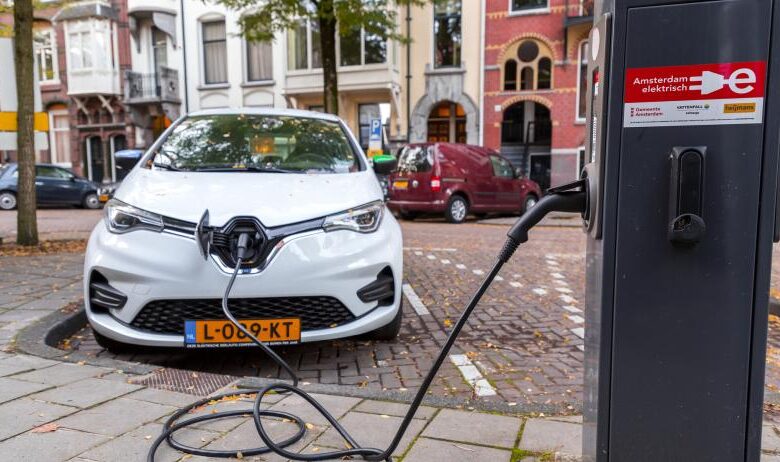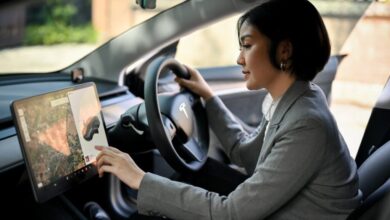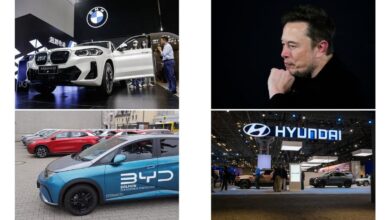Research shows interest in electric car ownership is dwindling

Research from Dutch travel association ANWB has shown that the interest in electric vehicles is dwindling. For the first time in years, the group saying that they are not planning on driving an electric vehicle was (28 percent) was higher than the group that does want to drive electric in the next five years (27 percent).
The biggest hurdles identified by survey participants are the high prices for buying an electric car and the inability to charge the cars privately. “Electric driving has become more expensive in the last few years. An electric car in 2022 cost 61 cents per kilometer; now it costs 72 cents per kilometer,” ANWB said.
This is mainly due to the lower residual value of electric cars, as there is lower interest on the second-hand market. Car drivers feel that second-hand electric cars are still too expensive.
Some 71 percent of people in the Netherlands think that new electric cars are too expensive, the ANWB said. “The gap between the average purchase fee for an electric car (45,850 euros) and the fee that buyers want to spend on an electric car on average (31,699 euros) is significant.”
The ANWB added that they receive many questions regarding motor vehicle tax for electric cars. These cars are currently exempt from road tax, but the current rules will do away with this from 2026 onwards.
Electric cars are heavy due to their battery packs, which can cause the taxes paid on the car to rise higher for owners. The outgoing Cabinet has devised a new plan to make the motor vehicle tax cheaper until 2031.
The research also showed that other reasons people don’t want electric cars include insufficient driving range, and the related fear of being stuck somewhere with an empty battery. A lack of charging stations was also mentioned as one of the problems.



